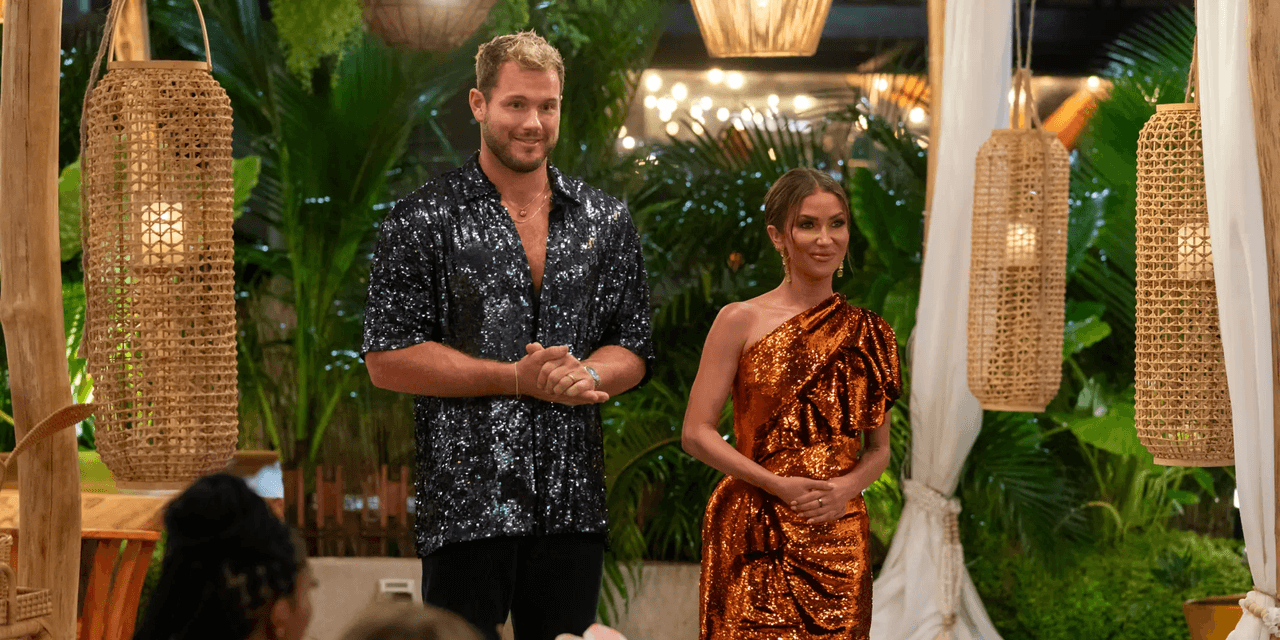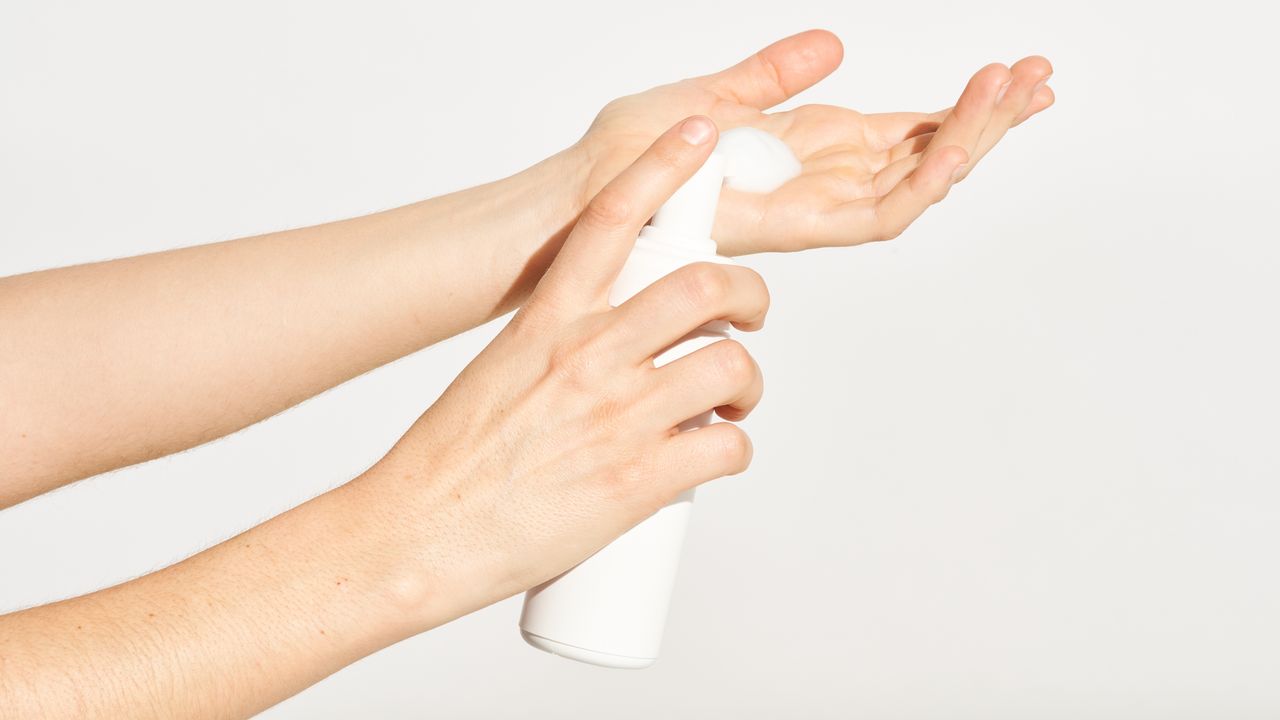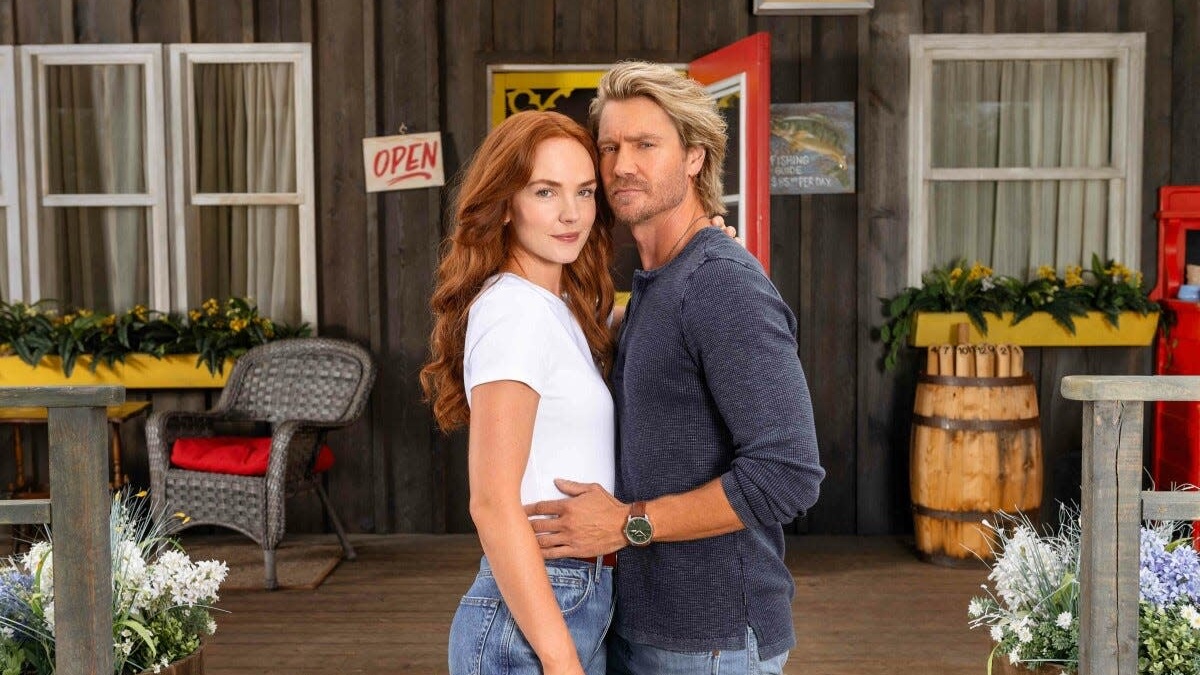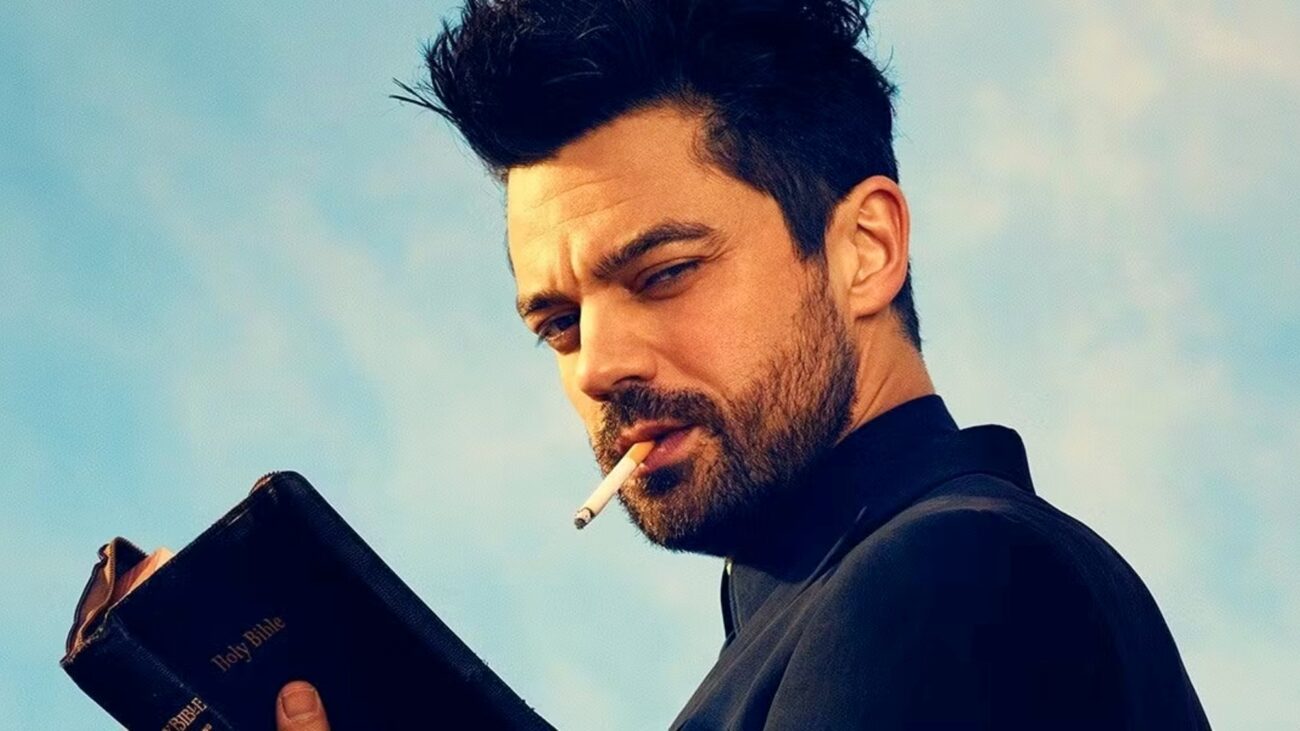Blog
Are You My First TV Show: Why Are We Suddenly So Obsessed With Virgins?

Suddenly, virgins are everywhere you look: In the spring, the UK’s Virgin Island sent 12 virgins to the Mediterranean for a “unique course in intimacy.” Soon after came TLC’s Virgins, featuring four 30- and 40-somethings determined to “seal the deal.” The most recent addition to the pantheon is Hulu’s Are You My First?, out today, which boasts “the largest group of eligible virgins ever assembled.” Set, as always, on an island, the show borrows from other popular television concepts, pairing incessant humiliation with resortwear.
These programs share a common mission: to fix the so-called problem of virginity. But perhaps it’s worth pointing the camera back on to the viewers binging on the couch, and ask: Why are we so desperate to watch other people try—and usually fail—to figure sex out?
Shame and curiosity around virginity is timeless.
“Sexual purity” is a societal construct, tied up in patriarchal power structures and heteronormative values. Similarly, fascination with sex (or a lack thereof) stretches back—at least—to the dawn of Christianity, with the Virgin Mary as one of the most famed examples of purity and chastity.
When the sexual revolution came about in the early 1960s and ’70s, the concept of being a virgin in adulthood became more taboo and started to be used as a comedic punchline, Bob Thompson, Syracuse University’s Professor of Television and Popular Culture tells SELF. Now, young adults have a sort of ambivalence towards sex. They’re still feeling shame around virginity, but also attempting to redefine what virginity and sex mean to them. “Those kinds of changes have really revolutionized the way we’ve thought about the very nature of sexuality,” he adds. “Therefore, it’s an interesting time to revisit the idea.”
As with other phenomena (including shifting denim trends or drinking less), Gen Z—those born between 1997 and 2012—are called to answer for “late bloomers” across the world. Indeed, multiple reports have painted the generation as disenchanted with the dating scene. But there’s a larger sexlessness at play. Yes, the rise of virginity TV coincides with a “sex recession,” a trend that unfortunately spans ages and actually began with millennials.
“Doing a reality television show that focuses on virgins is a way to sort of exemplify that phenomenon and provide a vehicle for talking about it,” Carter Sherman, reproductive health reporter at The Guardian and author of The Second Coming: Sex and the Next Generation’s Fight Over Its Future, tells SELF.
Dr. Alexandra Solomon, PhD, clinical psychiatrist, couples therapist and host of the Reimagining Love Podcast, suggests the advent of virgin-focused TV shows is reflective of the current political landscape and swing towards the right particularly amongst young people. “It is hard to kind of keep fighting for love and romance and optimism in a world that can feel pretty awful and frightening,” she says.
As an (elder) Gen Zer myself, I teeter on whether or not this Truman-esque type of show focused on virgins is a cash grab representative of a sexless and sinister time, or an honest stab at depicting a new crop of young adults’ mixed feelings towards romance. Perhaps it’s a bit of both: a way to assuage our own qualms and interrogate the moment we’re in as it pertains to sexual politics.








![The four celebs in "The Great American Baking Show: Celebrity Summer" - [From left] Jesse Tyler Ferguson, Yara Shahidi, June Diane Raphael and Andrew Rannells](https://sentechzone.in/wp-content/uploads/2025/08/How-to-watch-The-Great-American-Baking-Show-Celebrity-Summer-1129x800.png)



